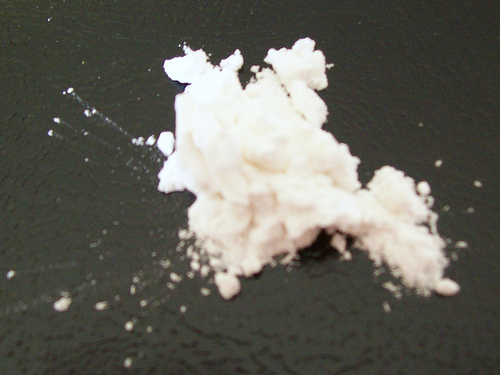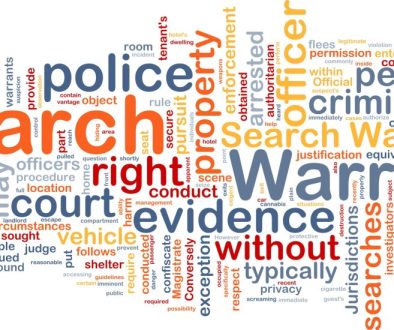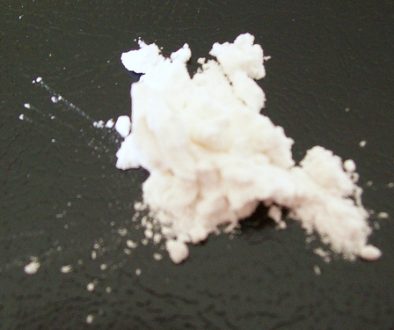PWID Controlled Substance Schedule Drugs

I’ve written many articles on drug and illegal narcotic offenses in Pennsylvania and New Jersey and most have focused on possession and/or the possession with the intent to deliver schedule (PWID) I controlled substances which would include substances such as heroin, methamphetamine (meth), acid (LSD), cocaine, PCP, and marijuana. These drugs are classified as schedule I because they have no accepted medical use in the United States, high potential for abuse, and are inherently dangerous.
Schedule I Controlled Substances – No Accepted Medical Purpose or Use
The law in Pennsylvania and New Jersey treats schedule I substances differently, and a person charged and convicted of either possession or possession with the intent to deliver (PWID-Felony) faces a much harsher criminal penalty. These penalties are based on the weight of the drug and the circumstances surrounding its use (possession vs. possession with the intent to deliver). For example, in Pennsylvania, the possession with the intent to deliver heroin, even a small amount, carries with it an offense gravity score of 7, while the same crime involving over 50 grams of this substance carries an offense gravity score of 10. This means that a person could face a sentence of 6-14 months of county incarceration for the lesser amount and a state sentence of 22-36 months for the higher amount.
Schedule II Controlled Substances –Medical Purpose but still addictive and dangerous
Schedule II, III, IV, and V substances are not treated as harshly in Pennsylvania and New Jersey. In Pennsylvania, for example, the possession with the intent to deliver, of any controlled substances under Schedule II, III, IV, or V, carry with them an offense gravity score (OGS) of 5 and in some cases, an OGS of 3 (Schedule V). The possession with the intent to deliver (PWID) of a Schedule 5 is actually a misdemeanor crime in Pennsylvania, where there is not a presumption of state incarceration.
What types of drugs fall under the Schedule of Drugs?
Schedule II controlled substances have a high potential for abuse and may lead to severe psychological or physical dependence.
Schedule II substances include:
- Oxycodone (Oxycotin)
- Methadone
- Morphine
- Codeine
- Hydrocodone
Schedule III substances have a much less potential for abuse than Schedule I or Schedule II substances.
Schedule III Substances include:
- Tylenol with codeine
- Suboxone
- Anabolic steroids (Testosterone)
Schedule IV controlled substances have a low potential for abuse relative to the other schedule substances.
Schedule IV substances include:
- Xanax
- Klonopin
- Ativan
- Valium
Schedule V substances include
- Robitussin AC
- Phenergan with codeine
Where can you find more information about drug charges and defense strategies?
All these topics are discussed in my book, What Everyone Should Know About Guns, Drugs, and Defense Lawyers in Pennsylvania. In addition to explaining the differences and severity of criminal charges, the book also goes into strategies which an attorney can use at the pre-trial and trial level to effectively defend a person charged with a felony or misdemeanor drug crime in Pennsylvania or New Jersey.
Pre-Trial Motions Are Sometimes Your Strongest Defense Arguments
If you are charged with a drug crime in Pennsylvania or New Jersey, it’s important to keep in mind that some of your strongest arguments are made prior to trial, in the form of a motion to suppress evidence, which calls into question the admissibility of the contraband against you. Remember that all searches done without a search warrant are presumed illegal; the exception to the search warrant rule is often the ground for most legal arguments. The right against illegal search and seizure is found in the US Constitution (Article I, 4th Amendment) as well as the State Constitution for Pennsylvania (Article I, Section 8) and New Jersey (Article I, Paragraph 7).
For more information on strategies to contest drug charges I encourage you to keep reading my newsletter and visit our free download section.



